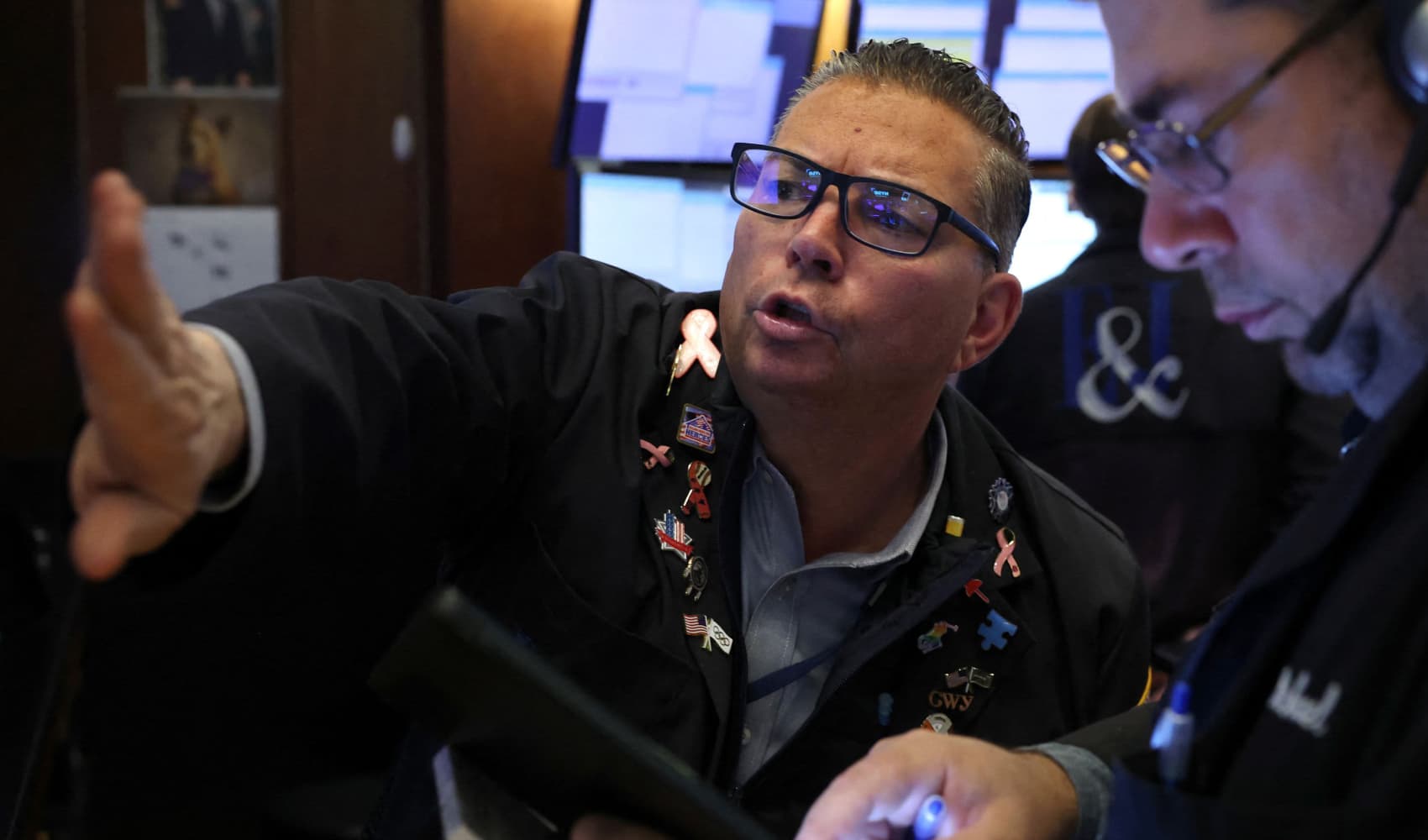
- Apple and Goldman Sachs were fined more than $89 million for mishandling consumer disputes of Apple Card transactions, the Consumer Financial Protection Bureau said Wednesday.
- The bureau also banned Goldman Sachs from launching new credit cards unless it can provide an adequate plan to comply with the law.
- The fines are tied to allegations that Apple and Goldman Sachs misled consumers about the interest-free payment plans for Apple devices.
The Consumer Financial Protection Bureau ordered Apple and Goldman Sachs on Wednesday to pay more than $89 million for mishandling consumer disputes related to Apple Card transactions.
WATCH ANYTIME FOR FREE
Stream NBC10 Boston news for free, 24/7, wherever you are. |
The bureau said Apple failed to send tens of thousands of consumer disputes to Goldman Sachs. Even when Goldman Sachs did receive disputes, the CFPB said the bank did not follow federal requirements when investigating the cases.
Goldman Sachs was ordered to pay a $45 million civil penalty and $19.8 million in redress, while Apple was fined $25 million. The bureau also banned Goldman Sachs from launching new credit cards unless it can provide an adequate plan to comply with the law.
Get updates on what's happening in Boston to your inbox. Sign up for our News Headlines newsletter.
"Apple and Goldman Sachs illegally sidestepped their legal obligations for Apple Card borrowers. Big Tech companies and big Wall Street firms should not behave as if they are exempt from federal law," said CFPB Director Rohit Chopra.
Apple Card was first launched in 2019 as a credit card alternative, hinged on Apple Pay, the company's mobile payment and digital wallet service. The company partnered with Goldman Sachs as its issuing bank, and advertised the card as more simple and transparent than other credit cards.
That December, the companies launched a new feature that allowed users to finance certain Apple devices with the card through interest-free monthly installments.
Money Report
But the CFPB found that Apple and Goldman Sachs misled consumers about the interest-free payment plans for Apple devices. While many customers thought they would get automatic interest-free monthly payments when they bought Apple devices with an Apple Card, they were still charged interest. Goldman Sachs did not adequately communicate to consumers about how the refunds would work, which meant some people ended up paying additional interest charges, according to the CFPB.
It also meant some consumers had incorrect credit reports, the agency said.
"Apple Card is one of the most consumer-friendly credit cards that has ever been offered. We worked diligently to address certain technological and operational challenges that we experienced after launch and have already handled them with impacted customers," Nick Carcaterra, vice president of Goldman Sachs corporate communications, told CNBC. "We are pleased to have reached a resolution with the CFPB and are proud to have developed such an innovative and award-winning product alongside Apple."
Representatives from Apple did not immediately respond to CNBC's request for comment.
— CNBC's Hugh Son contributed to this report.






